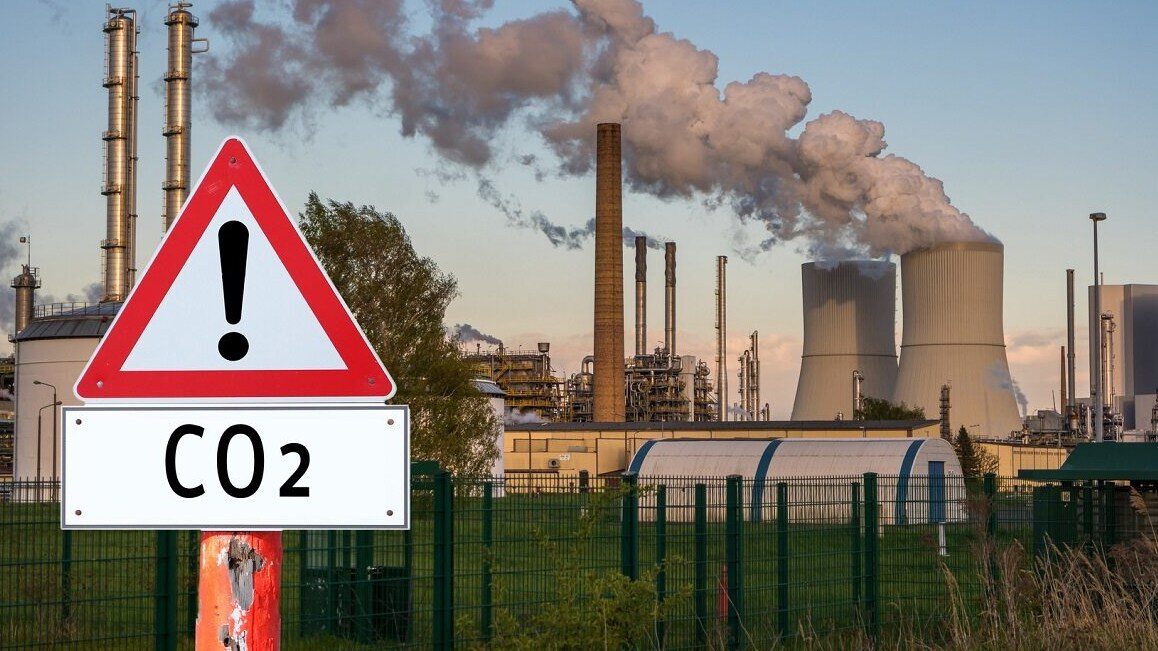This industry emits more CO2 than aviation. Changes are necessary

The health care sector suffers significant consequences resulting from the growing number of extreme climatic phenomena, but also serious air pollution, and the associated costs will increase. On the other hand, the sector itself also contributes to climate change – it is responsible for 4%. CO2 emissions, which puts it ahead of industries such as shipping and aviation.
– The government recognizes the need for changes in the health sector. Hospitals generate as much as 4%. CO2 emissions are a lot, even more than airplanes generate, so there is really something to do – says Anita Sowińska, Undersecretary of State at the Ministry of Climate and Environment. – This is, of course, about energy emissions, which means building insulation and photovoltaic panels are very important. But we must also remember that hospitals are large enterprises that generate waste, so waste logistics is very important, especially hazardous waste. Of course, the entire logistic service for the patient, i.e. minimizing the impact on the environment by reducing transports. The goal is for the patient to come to the hospital once and have comprehensive tests, rather than having to come several times. These are seemingly small changes, but they have a huge impact.
Experts emphasize that if the health care sector were treated as a separate country, it would be the fifth largest emitter of greenhouse gases in the world. The reason is the still high consumption of fossil fuels. According to the UN GCNP “Green Hospitals” report, the use of coal, oil and gas to power hospitals, healthcare-related movements and the production and transport of industry-related products account for 84%. all climate emissions in healthcare. In a scenario without climate action outside and inside the sector, its global CO2 emissions would reach 6 gigatonnes per year by 2050.
– Greenhouse gas emissions dramatically affect climate change, which in turn affects our health – these relationships are very strong – emphasizes Dr. Eng. Agnieszka Sznyk, president of the Institute of Innovation and Responsible Development INNOWO.
These dependencies mean that the health care sector plays a double role in the context of climate change. Climate change is perceived by scientists as the greatest health threat of the 21st century, causing, among others: greater risk of death due to heat, air pollution or promoting the spread of infectious diseases. How we deal with this challenge depends largely on the health care sector. Hospitals and other health facilities are therefore significantly affected by the consequences of the growing number of extreme climatic phenomena, including: in the area of finance. On the other hand, the sector itself significantly contributes to their occurrence by emitting significant amounts of CO2.
– The green transformation or broadly understood sustainable development is a huge issue for the health of our society, because not only is it a healthy environment, but also processes that are efficient, effective, sustainable, i.e. treatment that provides the best effect for a given patient at the right moment. health. It is also about caring for our environment, not only in the context of air, but also in the context of, for example, reusing various packaging and minimizing the exposure of all of us to harmful factors that are in our environment. – says Dr. Jarosław Fedorowski, president of the Polish Hospital Federation.






